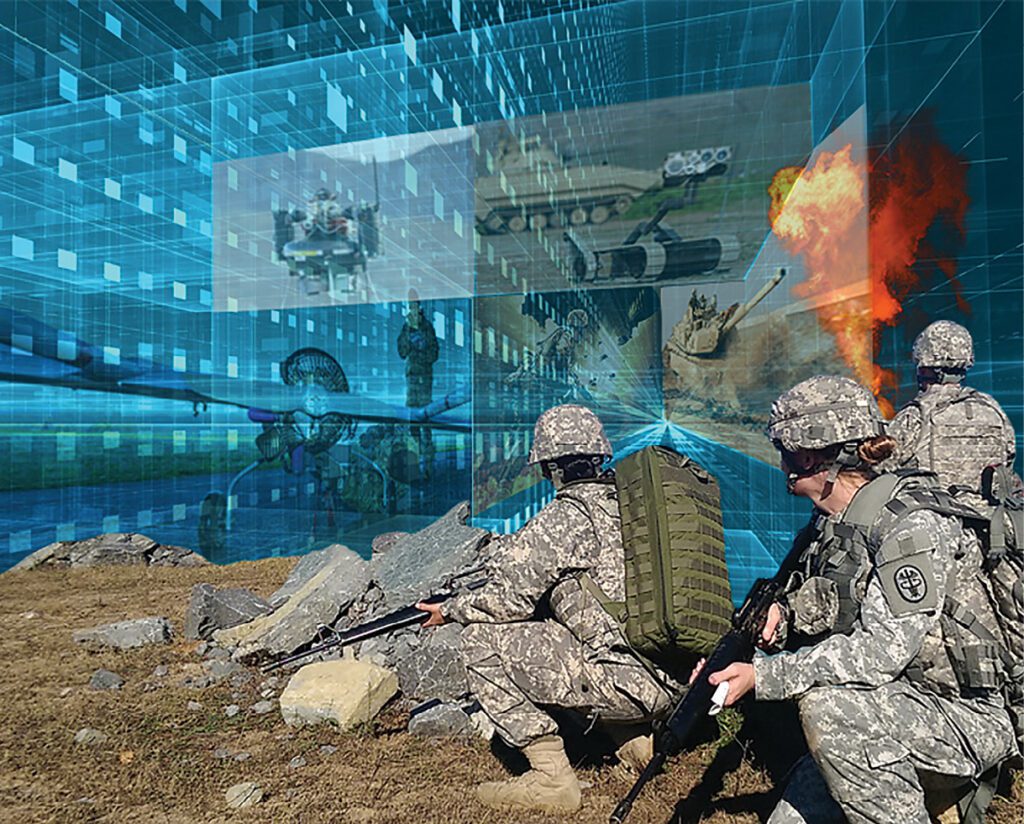This content discusses the moral responsibility of soldiers in combat. It explores the ethical dilemmas soldiers face and how they navigate these challenges. The article highlights the importance of moral responsibility and how it relates to soldiers’ actions. It also discusses the ethics of war and the laws and conventions that soldiers must adhere to. The content touches on the moral dilemmas soldiers encounter in combat, such as decisions about the use of force and treatment of prisoners. It emphasizes the training that soldiers undergo to make ethical decisions and the support they receive from their comrades. Additionally, it addresses the impact of combat experiences on soldiers’ moral decision-making and the need for mental health support. Overall, the content emphasizes the importance of recognizing and appreciating the complexities soldiers face in upholding their moral responsibility.
Soldiers and Moral Responsibility: Navigating the Ethical Dilemmas of Combat
Introduction
Soldiers play a crucial role in defending their nations and safeguarding the lives of their fellow citizens. However, the nature of warfare often places them in morally challenging situations where they must make difficult decisions. This article explores the concept of moral responsibility among soldiers, discussing the ethical dilemmas they face during combat and examining how they navigate these complex challenges to uphold their moral obligations.
The Notion of Moral Responsibility
Moral responsibility encompasses the idea that individuals are accountable for their actions based on their moral principles. For soldiers, moral responsibility is particularly significant, as they are tasked with making critical decisions in high-stress environments. They must consider the consequences of their actions on both sides – their comrades and the enemy – as well as the ethical principles they uphold.
The Ethics of War
Combat is inherently brutal and chaotic, making it challenging to apply traditional ethical frameworks. Nevertheless, soldiers are expected to adhere to principles such as proportionality, which emphasizes using only the necessary force to achieve their objectives. Moreover, soldiers are often bound by laws and conventions that limit their actions, such as the Geneva Conventions and Rules of Engagement. Adhering to these rules helps mitigate ethical dilemmas by setting clear boundaries for soldier behavior.
The Moral Dilemmas in Combat
Combat situations frequently present soldiers with moral dilemmas arising from the clash between their ethical principles and the realities of warfare. These dilemmas include decisions regarding the use of force, collateral damage, treatment of prisoners, and following orders that may conflict with personal moral beliefs. Soldiers must grapple with questions such as how far they should go to protect their own lives or the lives of their comrades while still maintaining their moral integrity.
Training and Ethical Decision-Making
To navigate the complex ethical dilemmas of combat, soldiers undergo extensive training that emphasizes ethical decision-making. They are taught to consider the consequences of their actions, the sanctity of human life, and to abstain from unnecessary violence. By providing soldiers with the tools to think critically in stressful situations, training equips them to make ethical choices and shoulder the moral responsibility that accompanies their role.
Support and Comradery
The bond between soldiers plays a significant role in helping them navigate moral dilemmas. The camaraderie built within military units fosters an environment of mutual support and understanding, allowing soldiers to discuss, reflect, and seek guidance from their peers. This support system helps soldiers cope with the moral challenges they face and collectively uphold their moral responsibility during combat.
Post-Traumatic Ethics
The experiences of combat can have long-lasting effects on soldiers’ moral decision-making. Post-traumatic stress disorder (PTSD) and other psychological burdens may influence a soldier’s ability to distinguish right from wrong or make sound ethical judgments. Recognizing the repercussions of combat experiences, providing adequate mental health support, and offering opportunities for soldiers to discuss their experiences can aid in ensuring they maintain their moral responsibility despite the psychological toll.
Conclusion
Soldiers bear significant moral responsibility during combat. Navigating ethical dilemmas amidst the chaos and pressures of warfare is no easy task. Yet, through rigorous training, adherence to ethical principles, support from comrades, and understanding the long-term effects of combat, soldiers can strive to uphold their moral responsibility while protecting the lives of others. Recognizing and appreciating the moral complexities faced by soldiers is crucial in fostering a society that values and supports those who dedicate themselves to defending communal well-being.
